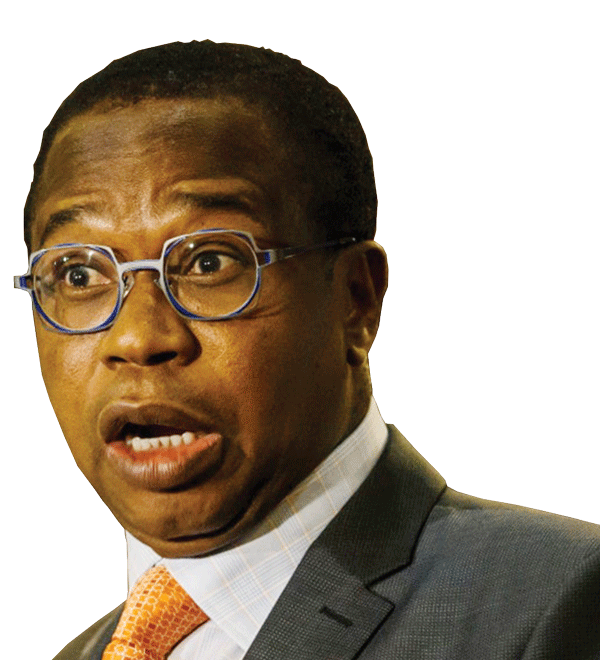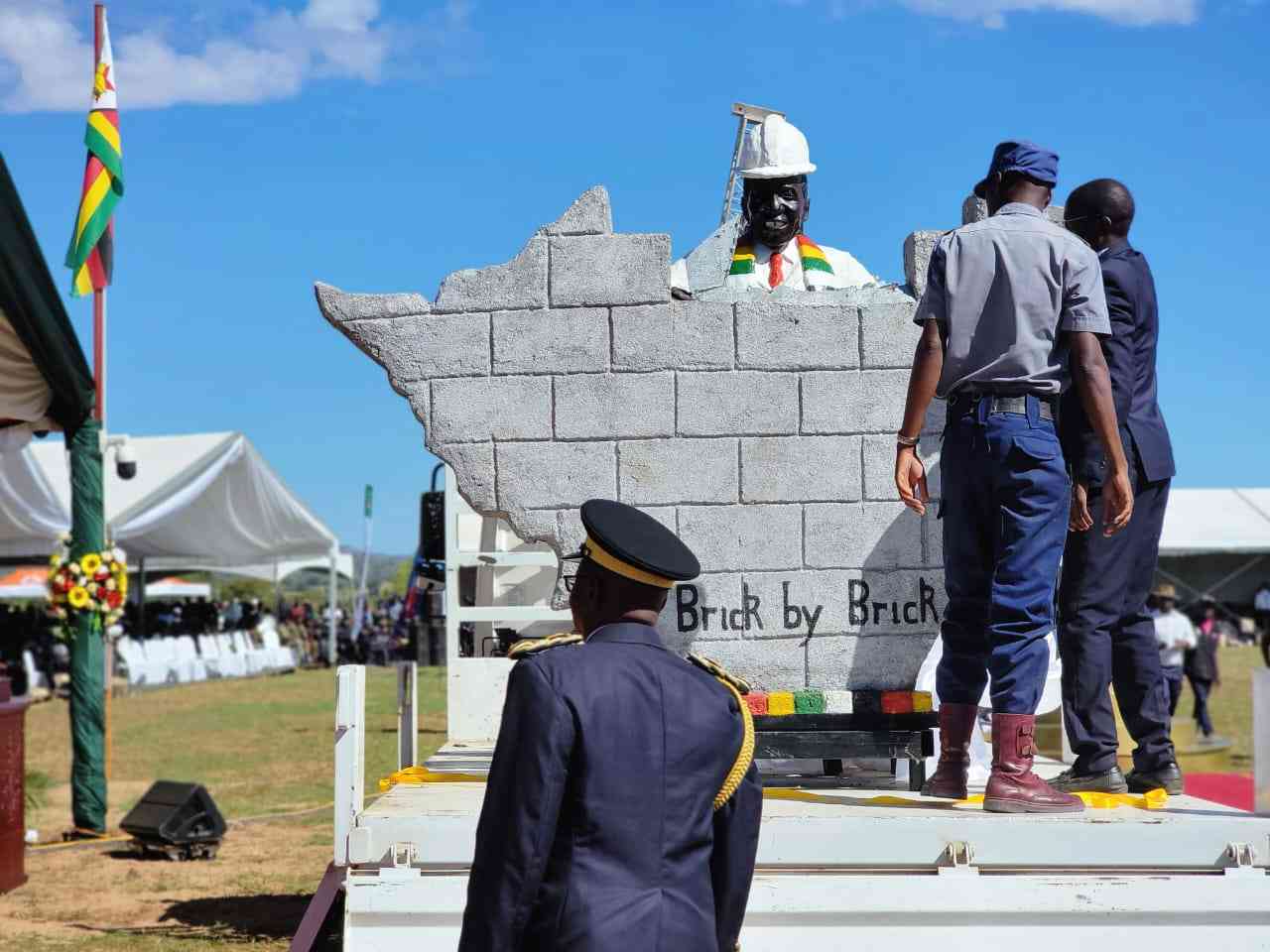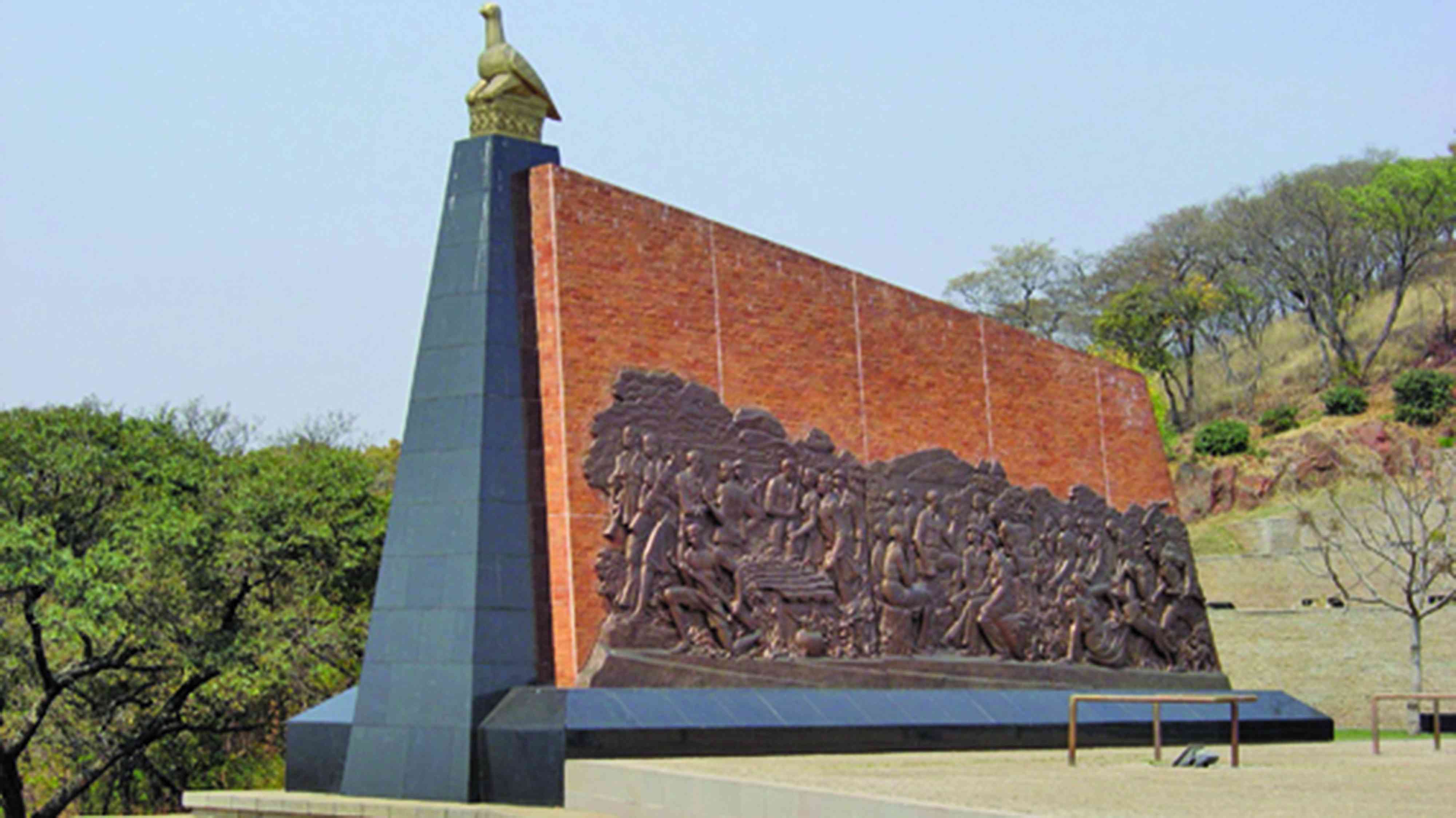
ONCE again, our esteemed Finance minister Mthuli Ncube has made some disingenuous comments about civil servants’ poor salaries.
Addressing Parliament on Wednesday, Ncube claimed that the monthly earnings of an average civil servant is US$297, at the current exchange and, therefore, they should not complain of being underpaid as their earnings were in line with the cost of living.
From the US$297, US$175 is paid as United States dollar benefits, while the rest is in Zimbabwe dollars which at today’s exchange rate of US$1:$500,65 translates to about $61 000.
However, since that Zimbabwe dollar component translates to US$121,84 that means this attracts a 20% income tax, based on Zimra’s Pay As You Earn (PAYE) tax bands, leaving the average public sector worker with US$97,47.
So, in reality, the public sector worker actually gets US$272,63 as the US$175 is not supposed to attract any tax since it’s a benefit.
Now, given that an average public sector worker earns US$272,63 monthly against a cost of living for a family of six being US$281,38, based on the current exchange rate, civil servants still find themselves earning salaries below the poverty datum line. But Ncube wants us to believe this is fine.
The next argument could be that the US$24,36 PAYE tax per month is small, but one has to remember that after the PAYE tax there are also other statutory deductions.
These include the pension contributions, bank costs and the intermediated money transfer tax of 2 cents per dollar.
- Chamisa under fire over US$120K donation
- Mavhunga puts DeMbare into Chibuku quarterfinals
- Pension funds bet on Cabora Bassa oilfields
- Councils defy govt fire tender directive
Keep Reading
So, after all these costs are factored in, the average public sector worker is left with very little to meet the rising cost of living.
Also, Ncube knows that with the way the Zimbabwe dollar continues to depreciate, any increase in public sector wages would also result in further increases in income tax and levies.
Another erosion on public sector wages are the prices of basic commodities and services that are mostly priced at the parallel forex rate.
Not to mention schools and colleges most of which are now demanding payments in greenback for fees.
This means that workers are seeing the leftover amount of their salaries, after income tax and levies, being greatly eroded.
We know that the general elections are due next year and that the government only fulfilled 13 out of the 235 electoral promises made in the run-up to the 2018 polls, but spinning tall tales of livable wages is not the answer.
Ncube must not insult our intelligence.
The Finance minister knows what he has to do, and should do it.
He must address the exchange rate fundamentals, not enforce market controls, raise the income tax free threshold in line with the cost of living and increase infrastructure spending to employ more people into the civil service.
Also, production has to be supported which will translate to more revenue for the government, allowing the Treasury to remunerate public sector workers better.
Ncube also knows that multilateral partner reforms should be implemented to unlock forex support.











